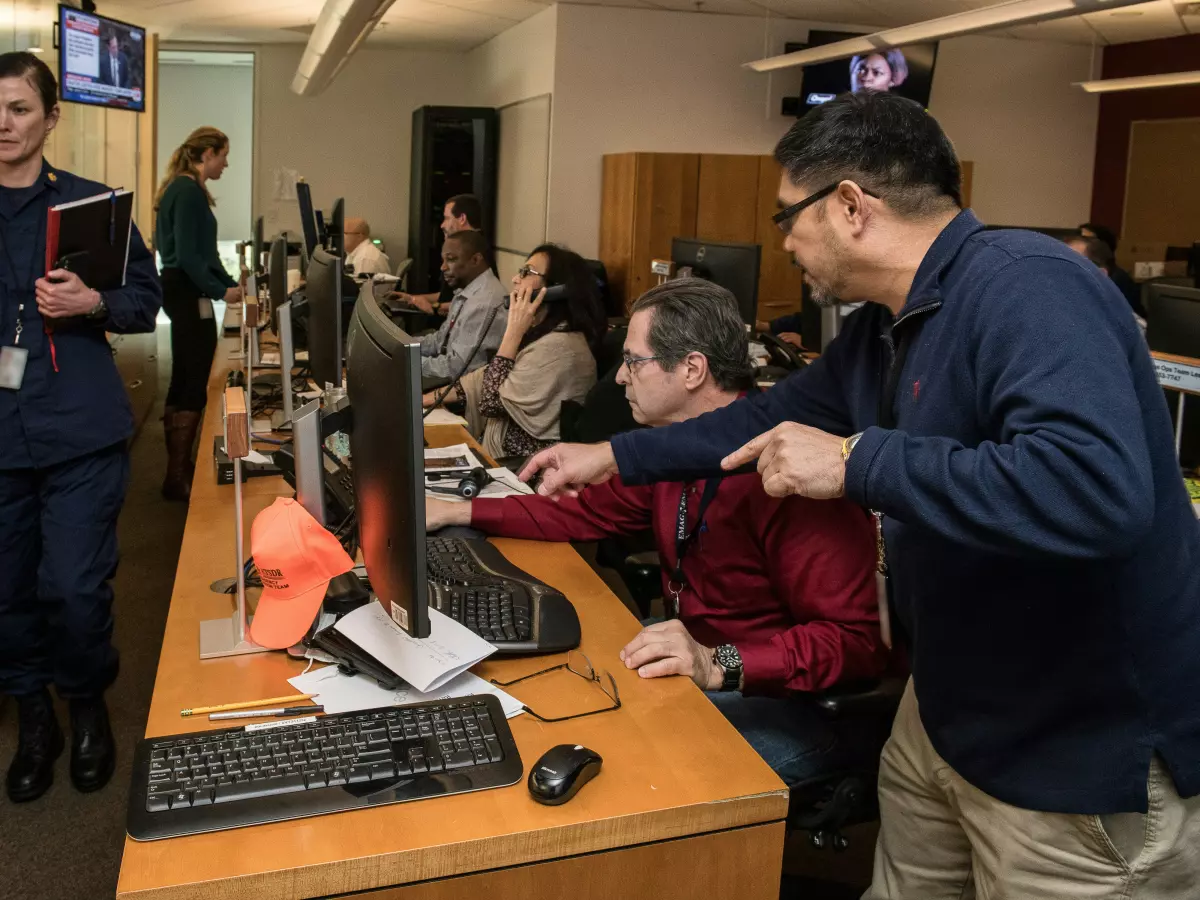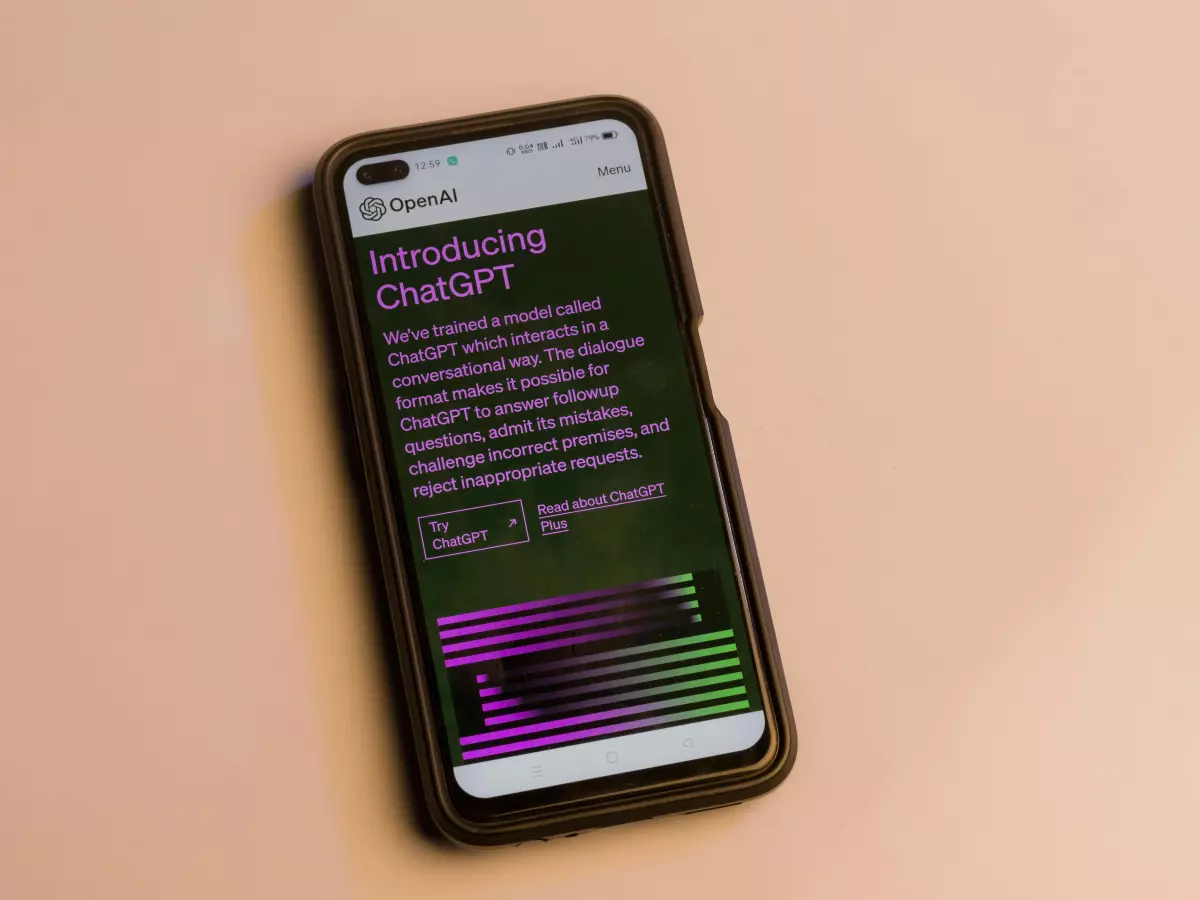AI Bill Showdown
Think AI is a free-for-all? Think again. California’s latest AI bill could change the game for developers, and not everyone’s happy about it.

By Kevin Lee
When we think of artificial intelligence, we often imagine a future where machines are smarter than us, solving problems we can’t even fathom. But here’s the kicker: that future might come with a lot more red tape than you think. Enter California’s controversial AI bill, SB 1047, which could force AI developers to pump the brakes on their wild ride toward innovation. And trust me, not everyone’s thrilled.
Governor Gavin Newsom has until the end of this month to decide whether to sign or veto the bill, and the tech world is holding its breath. The bill, officially known as the Safe and Secure Innovation for Frontier Artificial Intelligence Models Act, would require developers of large AI models to implement safety measures, submit to third-party audits, and ensure their creations don’t cause catastrophic harm. Sounds reasonable, right? Well, not so fast.
Opponents argue that the bill places an unrealistic burden on developers, especially those working with open-source models. They claim that it’s impossible to predict how AI models might be used—or misused—in the future. Imagine being held responsible for a bioweapon created by someone else using your open-source AI model. Yikes.
But here’s where it gets interesting: the bill has some serious backing. California’s largest labor union, SAG-AFTRA, and even the National Organization of Women (NOW) are all for it. They believe that without regulations, we’re opening the door to a future where AI could wreak havoc. And let’s not forget the actors Mark Ruffalo and Joseph Gordon-Levitt, who’ve publicly voiced their support. Yeah, the Hulk is on board.
What’s the Big Deal?
So, why is this bill such a big deal? For starters, California is a trendsetter when it comes to tech regulations. If SB 1047 passes, it could set the stage for similar laws across the U.S. and even globally. That’s a lot of pressure for one state, but hey, California’s used to it.
But the real drama lies in Silicon Valley. Big tech companies and venture capital firms like a16z and Y Combinator are fighting tooth and nail to kill the bill. They argue that it stifles innovation and could put California at a competitive disadvantage. After all, who wants to develop cutting-edge AI if you’re constantly worried about compliance audits?
Governor Newsom himself seems torn. During a recent interview with Salesforce CEO Marc Benioff, Newsom hinted that he’s concerned about the “chilling effect” the bill could have, particularly on the open-source community. But he also acknowledged the need for some level of regulation to prevent future AI disasters. Talk about being stuck between a rock and a hard place.
The Future of AI Regulation
Here’s the thing: AI is evolving at breakneck speed. What we can do with AI today is nothing compared to what we’ll be able to do in just a few years. And that’s exactly why supporters of SB 1047 argue that we need to act now. According to Fast Company, AI pioneer and Turing Award winner Yoshua Bengio believes we shouldn’t wait for a catastrophe before putting safeguards in place. He’s got a point. Do we really want to wait until AI creates a disaster before we start regulating it?
On the flip side, critics argue that the bill is too forward-thinking. They claim it’s impossible to anticipate all the potential risks of AI, especially when we’re still figuring out what AI is truly capable of. It’s like trying to predict the weather five years from now—good luck with that.
But here’s the kicker: public opinion is largely in favor of regulating AI. Polls consistently show that people are worried about AI becoming too powerful, and they don’t trust tech companies to police themselves. Can you blame them? After all, we’ve seen what happens when tech companies prioritize profits over safety (looking at you, social media).
What’s Next?
So, what happens if the bill passes? For starters, AI developers will have to start thinking about safety in a whole new way. They’ll need to implement measures to prevent their models from being used for harm, and they’ll be subject to regular audits. It’s a lot of extra work, but supporters argue it’s worth it to avoid an AI apocalypse.
If the bill is vetoed, it’s back to the drawing board. But don’t expect the debate to die down anytime soon. AI regulation is coming, whether we like it or not. The only question is how strict those regulations will be—and who will be in charge of enforcing them.
In the end, the fate of SB 1047 is about more than just one bill. It’s about the future of AI and how we, as a society, choose to manage its risks. Will we take a proactive approach, or will we wait for disaster to strike? Only time will tell.





